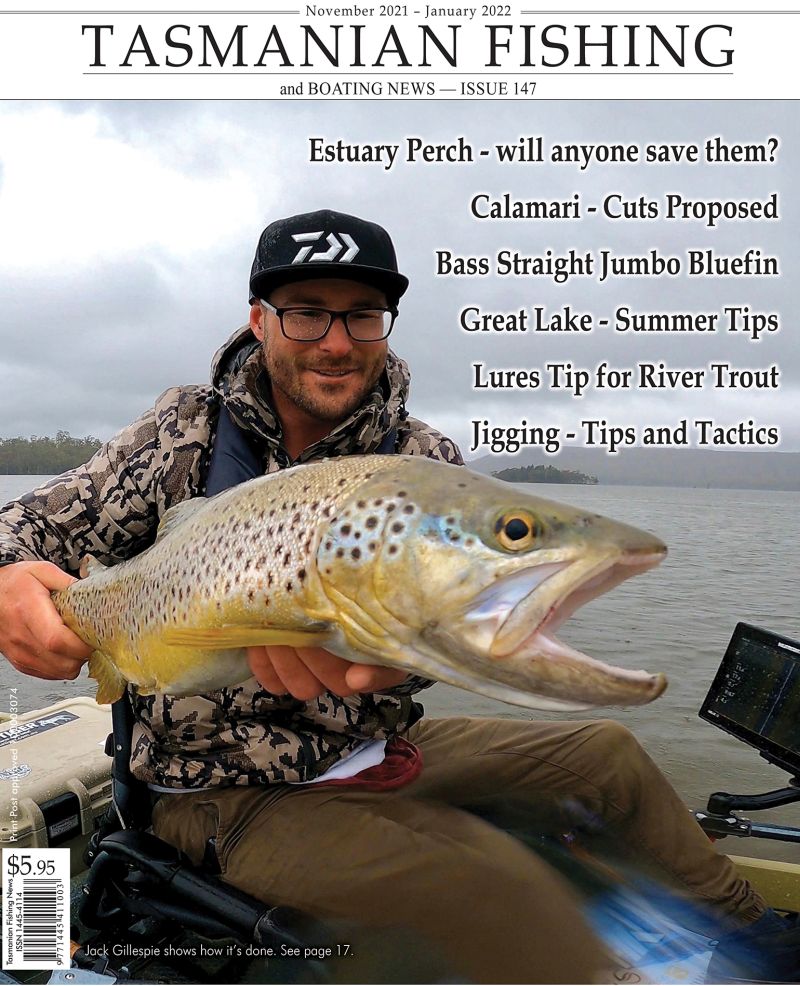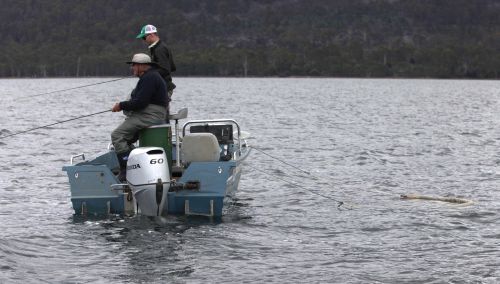Kids Stuff - Hooks
Michael Bok looks at hooks
Hooks are one of the most important items in your fishing tackle box. These are the items that actually catch your fish. Fish hooks have been around for 20,000 years, the first ones being made from wood or bone and many were not even hooks at all.
These early versions of a hook were made to jam in the fish's throat. About 7,000 years ago the metal hook made its first appearance. Thank heavens we don't have to use bones or wood on our lines. I doubt we would catch many fish.
Okay what is a hook?
A hook is a bit of steel bent in a curved shape with an eye on one end and a point with a barb on the other. The idea is that the hook gets stuck in the mouth of the fish enabling us to then pull in the fish with our line. When you buy your hooks in most cases they will not be very sharp - unless you buy chemically sharpened hooks, which usually cost more. Ask one of your parents or grandparents if they have a small sharpening stone or file and get them to show you how to sharpen your hook. If they don't know how to, ask them to take you to your local tackle store and ask the people in the store to show you. They will be more than willing to help.
What sort of hook do you buy?
The first consideration is what sort of fishing are you going to do, remembering that a small hook can catch a larger fish easier than a large hook can catch a smaller fish.
If bait fishing with something like worms, I prefer a longer shanked hook with barbs on the shank. This helps to hold the bait on the hook. If using bait like pilchards (also called blue bait in some cases) I prefer to use a hook with a wider gap to enable the point to be clear of the bait. Try a blue hook here for a change.
With nearly all bait fishing, it is best to leave the hook point exposed. This helps with the hook up of the fish. If you have a large bait, you can also gang your hooks together to enable the bait to sit better. There are several knots that can be used for fixing hooks to line, but one of the easiest is the one shown in last issue. This will get you out of trouble in most cases when you store your hooks, ask mum for a couple of drops of cooking oil and put this over the hooks. This will help to prevent them from rusting.
Remember when dealing with fish hooks, be careful as they hurt when they get stuck in you. You can always flatten the barb with a pair of pliers. This makes for an easier hook up and release of fish, plus if you do hook yourself, it is not quite so dangerous.



